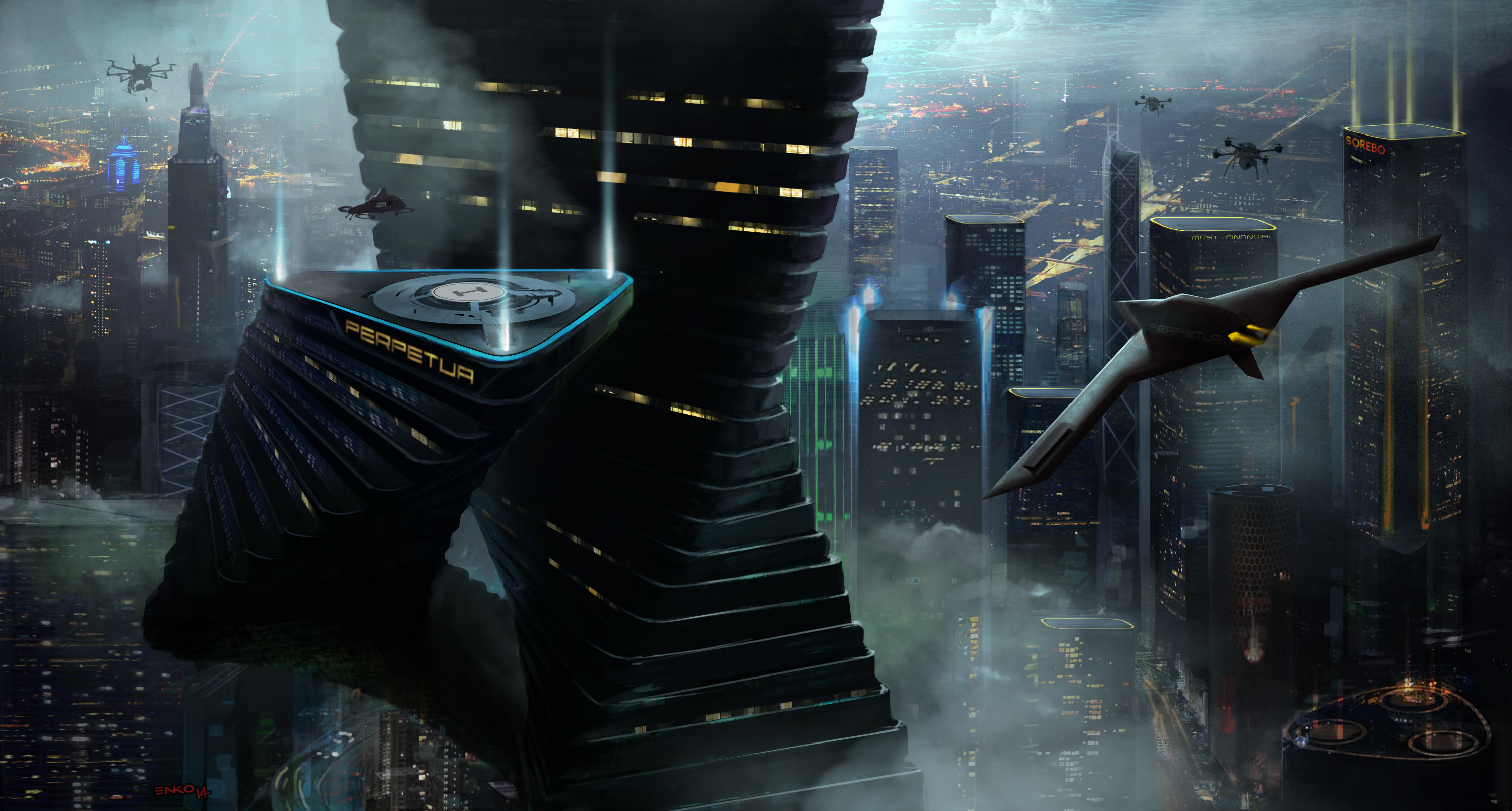The field of robotics is invading the world, representing the intersection of humanity and technology. Robots can now perform complicated delicate movements with elegance. With the intuitive idea that technology can enhance humanity, this intersection will help to actualize the higher states of being.
Humanoid robots are robots which resemble the human body, possess a great demand nowadays. Sophia; activated on February 14th 2016, is among these well reputed humanoid robots. It is a social humanoid robot developed at a small research and design laboratory by a Hong Kong-based company, Hanson Robotics. “She is a tool for science in studying human to human interaction, and she’s now a platform for allowing AI to express natural-like human emotional state(s), which is something we’re developing. True emotive AI,” says Hanson.

One of it’s most significant features is the ability to exhibit more than 50 facial expressions. Not only she can represent a number of emotional states, but she can also see emotional expressions on a human face as well.
The creator of Sophia, Hanson says it has simulations of every major muscle in the human face, which help in generating expressions of joy, grief, curiosity, confusion, contemplation, sorrow, frustration, among other feelings.
Since Sophia’s first public appearance at South by Southwest Festival(SXSW) in mid-March 2016 in Texas, United States, it has become a cultural icon. Sophia has been covered by media around the globe and has participated in many high-profile interviews. She also has made way across late night, graced the covers of magazines, headlined major tech conferences and even delivered a speech to the United Nations, about issues ranging from artificial intelligence to the role of robots. Sophia became the first non-human to be given any United Nations title and was awarded the United Nations Development Programme‘s first-ever Innovation Champion in November 2017. She was granted Saudi Arabian citizenship and became the first robot to have a nationality.


“I don’t know what it is about Sophia, that speaks to people, but I hope that we can develop our AI and robots in a way that makes a deep emotional connection,” said Hanson.



Nice one lochi
Thank you so much Dulmina…
Great one 🙂 keep it up
Thank you so much Chashika… Keep following us…
මෙච්චර තොරතුරු ගොඩක් කොහොමද අප්පේ මෙච්චර කෙටි කරකරේ?? තවත් Articles දාන්නකෝ අක්කේ..
Thank you very much Navin Malli… Sure I will post more articles… Follow us…
Patta nanga. Go head ah. ❤️
Thank you very much ayya… Please keep following us… Your support is highly appreciated…
Great one..
Thank you very much Hansagee…Keep in touch…
Good one Lochitha
Thank you so much Lochana… Keep reading…
Great one.keep it up nangi
Thank you akki, your words mean a lot… Keep reading…
Great one .Keep it up nangi
wow! thanks for the great article…
Thank you so much… Keep reading…